Objectives
TWILIGHTED’s key objectives are to: (1) Collaborate across research institutes in Europe, (2) Elevate the research profile of Portugal and especially the European Outermost Region of Madeira, (3) Innovate low-cost alternatives to state-of-the-art deep-sea research technologies, (4) Democratize deep-sea research, (5) Globalize deep-sea RD&I and (6) Share ocean science across stakeholders.
To achieve its objectives, TWILIGHTED will adopt state-of-the-art approaches to training and networking. Development activities include staff exchanges, expert visits, training schools, joint research missions, the International Twilighted Conference and novel cross-sector workshops stimulating creativity in solving the ocean’s greatest challenges (the Impossible Things Workshops). Such capacity-building will not only catalyze deep-sea RD&I in Madeira, but ensure a lasting impact on the deep-sea scientific landscape, sustainable ocean policy and Madeira’s socioeconomic development.
Work plan
To achieve project objectives, TWILIGHTED is divided into nine work packages (WPs). These WPs and their associated tasks will be implemented over the course of the project, between 1 October 2024 and 30 September 2027.
| WP | Title | Description |
| 1 | Planning & definitions | Plan project and data management for effective execution of the project; establish ethics plan to ensure alignment to fair and equal treatment principles. |
| 2 | Project management & reporting | Overall management, administration, coordination and execution of the project; achievement of expected project progress and results. |
| 3 | Close the gap: training | Elevate the knowledge and skillsets of MARE-Madeira scientists and engineers in deep-sea science, techniques and data management. |
| 4 | Close the gap: implementation | Conduct staff exchanges to increase administrative, project management, research and engineering skills; increase mobility and mentoring for TWILIGHTED students and early career researchers; and apply theoretical and practical training in joint research activities. |
| 5 | Innovate: training | Train MARE-Madeira engineers in state-of-the-art deep-sea research technologies and methods; share knowledge on the balance between functionality and cost. |
| 6 | Innovate: implementation | Translate knowledge gained in state-of-the-art deep-sea technologies and methods into fit-for-purpose lower-cost alternatives for research institutes in lower-income countries; test low-cost deep-sea research technology prototypes in Madeira; and trial the efficacy of Madeira as a global hub for deep-sea research. |
| 7 | Globalize | Foster greater global, cross-sector collaboration in deep-sea ocean science and technological development through networking and events. |
| 8 | Share: preparation & training | Plan the dissemination, exploitation and communication of project outputs and elevate the knowledge and communication and project management practices at MARE-Madeira/ARDITI. |
| 9 | Share: dissemination, communication & reporting | Disseminate project outputs applying fair and responsible open science and data management practices; share learnings about the deep sea with a wide range of stakeholders to increase engagement with ocean science and aid sustainable marine policy; and use innovative approaches in communication and community engagement. |
Impact
TWILIGHTED supports Horizon Europe’s Twinning Program core objective of strengthening research and innovation performance in Widening countries by enhancing cooperation with leading European institutions. Beyond this, the project is aligned with numerous EU and global goals related to marine conservation, empowering lower-income countries and improving resource sustainability.
For example, by facilitating greater deep-sea research capacity in Madeira and supporting greater global involvement in this area of research, TWILIGHTED will aid a better understanding of deep-sea ecosystems and biodiversity – a precursor to the marine protection and restoration outlined in Horizon Europe’s Mission to Restore Our Ocean and Waters by 2030. TWILIGHTED’s focus on adapting deep-sea technologies for lower-cost infrastructure and prototyping low-cost alternatives (and sharing these technologies and techniques in novel ways) will further increase the accessibility of deep-sea research in lower-income countries, directly supporting UN Sustainable Development Goal 14 (Life Below Water) and its Target 14.8 to increase scientific knowledge, develop research capacity and transfer marine technology to improve ocean health and enhance the contribution of developing countries.
In all, our expected impacts address a wide range of institutional, national and international challenges. A summary of these impacts and how they relate to our work plan and objectives is shown below.
